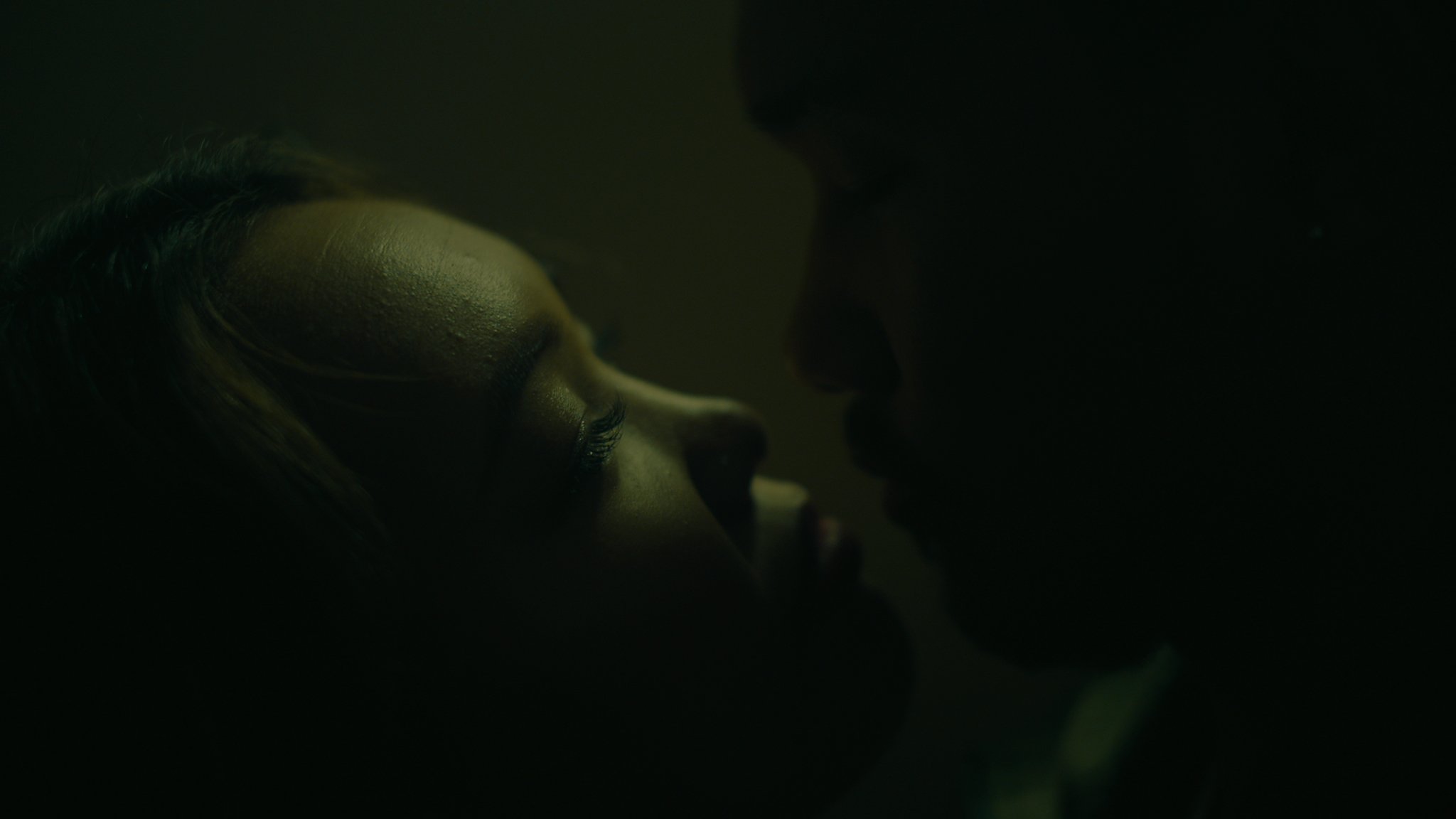Tenzin: A Veil of Illusion In Toronto’s Little Tibet
By Liam Lacey
Rating: C
The fact that the film Tenzin, a Tibetan-language movie set in contemporary Toronto, exists at all is an accomplishment, including finding a credible cast in a small community, and creating story that connects that world to global issues.
But this short feature (75 minutes) from Michael LeBlanc and Josh Reichmann, from a story credited to six Tibetan-Canadian cast members, bites off a lot more than it can successfully chew.
On one level, the film is a social-realist tale of a young working-class immigrant living in the Parkdale area of Toronto, struggling with grief over the death of his brother, who died by self-immolation in protest against the Chinese occupation of Tibet.
Secondly, it’s an attempt to show his inner life, his dreams, hallucinations, nightmares and subjective reveries, which is where the film drifts into mystification and ambiguity.
An opening scene sees Tenzin, a hip young guy, at a warehouse-style nightclub, in a washroom cubicle where he gives some drugs to his girlfriend, Choekyi (Tenzin Choekyi). The next morning at home, Tenzin snaps as his pious father urges him to be more observant of his thoughts and feelings.
Later, he attends a rally for Tibet, which will be followed by a candlelit vigil for his brother and another community event that may or not be related. He also starts a job as an assistant to a tow-truck operator, a former monk, who is forced to pay kickbacks to a local thug, a local version of the Chinese oppressors back in Tibet.
The dreamlike or spirit level of the film is where things get murky, in an impressionistic collage of recurring shadowy locations and a fragmented timeline. There are disconnected bar scenes with red filters, winter trudges through dark alleys, warehouse corridors, all accompanied and the constant hum and warble of the electronic score.
There are strobe-light images of Tenzin and his girlfriend sitting against a cement-block wall holding each other, visions of his charred dead brother. During some of these sequences, Tenzin seems to stand outside himself, as he and his girlfriend sing silent karaoke, or he watches a dancer in traditional Tibetan dress moving against a black backdrop.
An aerial shot of the mountains of Tibet is followed by the high-rise apartments of Toronto, clothes hanging on balconies. Dialogue is sparse, and rarely clarifying. In one scene, he and Choekyi are lying in bed.
“Choekyi, what happened?” Tenzin asks.
“Nothing happened,” she says. “I saw you. You were a formless being. I’ve forgotten so much. Are you here? Fully here? With me?”
Later, he visits a woman (I’m guessing family friend?) in her apartment to talk about his brother, and again, she asks if he is really here. Is she asking if he’s present emotionally or if he literally exists? Ultimately, Tenzin becomes an unfulfilling game of guess work.
Perhaps, it’s a portrait of a descent into mental illness. At one point, Tenzin purloins a sacred peg or dagger, known as a phurba, and shows it to a Tibetan shopkeeper, to ask her what it’s for. She explains it can block curses or subdue demons. “Your mind and your demons are the same,” she explains.
Later, Tenzin decides to use the sacred object to get some real-world justice, leading to one of a series of climaxes, which may not be literally true, but in any case mute their emotional impact by ambiguity. If the goals of meditation and mindfulness are to achieve clarity, Tenzin comes up short.
Tenzin. Directed by Michael LeBlanc and Josh Reichmann. Script by LeBlanc, Reichmann, Tenzin Choekyi, Norbu Dhundup, Tenzin Kelsang, Salden Kunga, Chemi Lhamo and Yeshi Tenzin. Opens in Toronto and Calgary March 17, and in Vancouver March 18.



